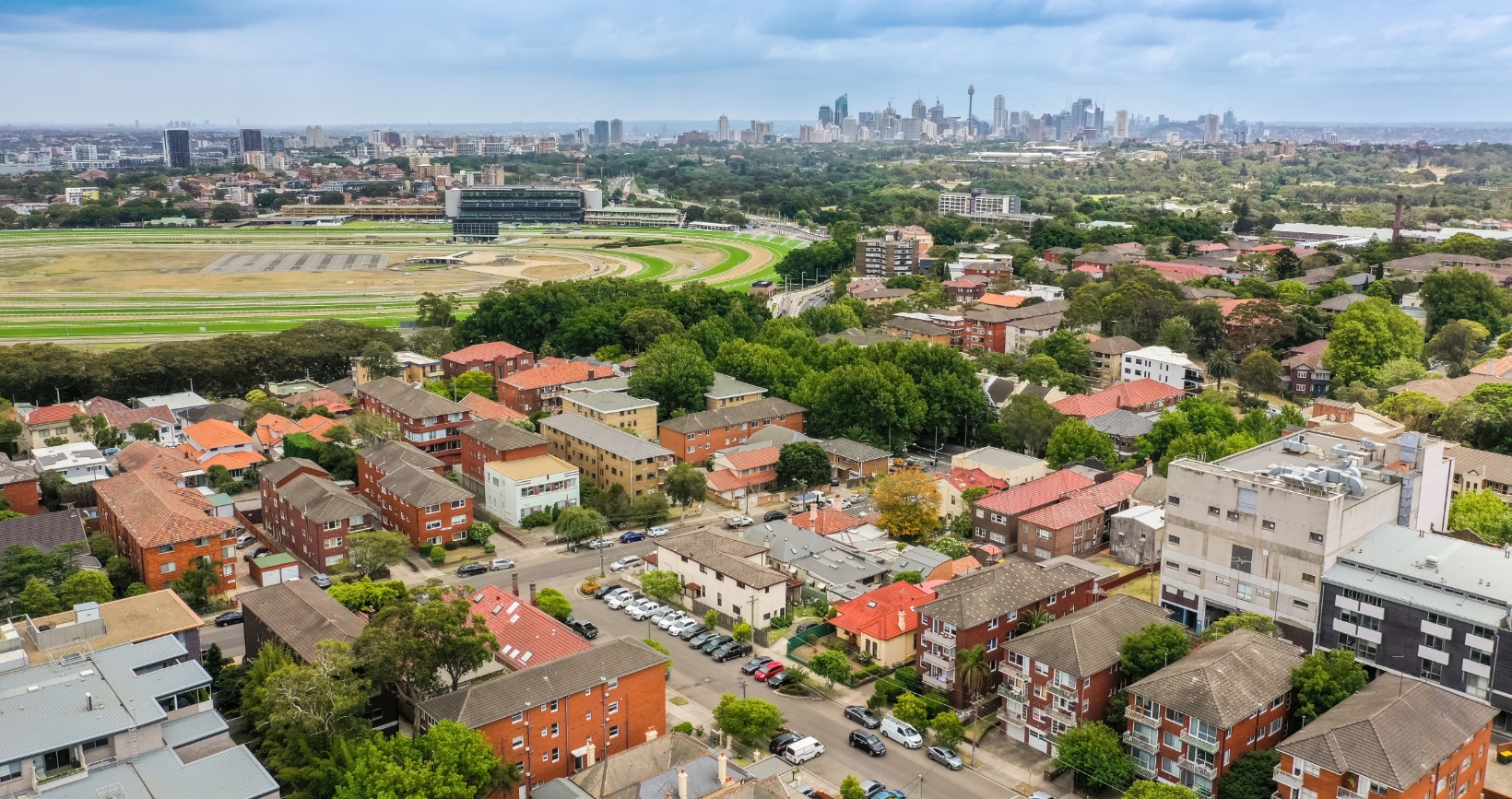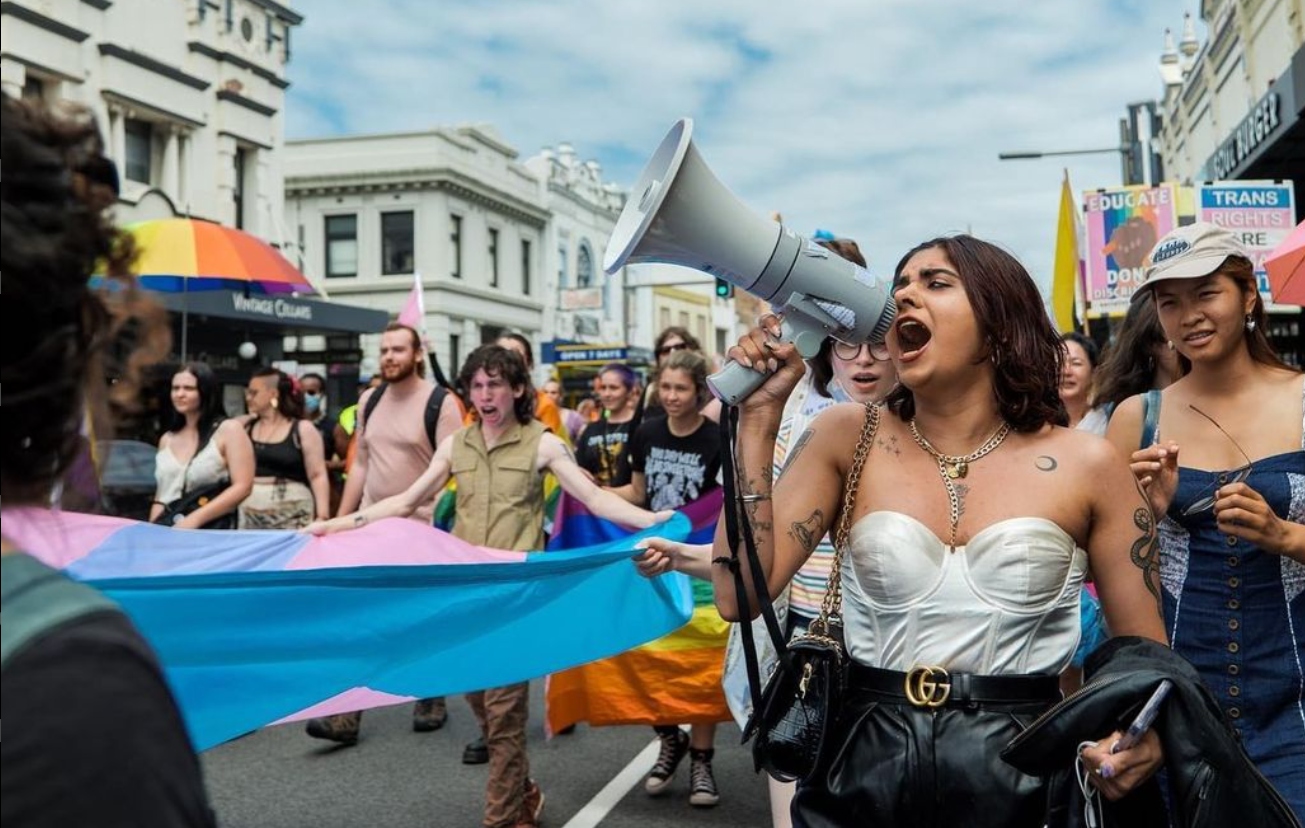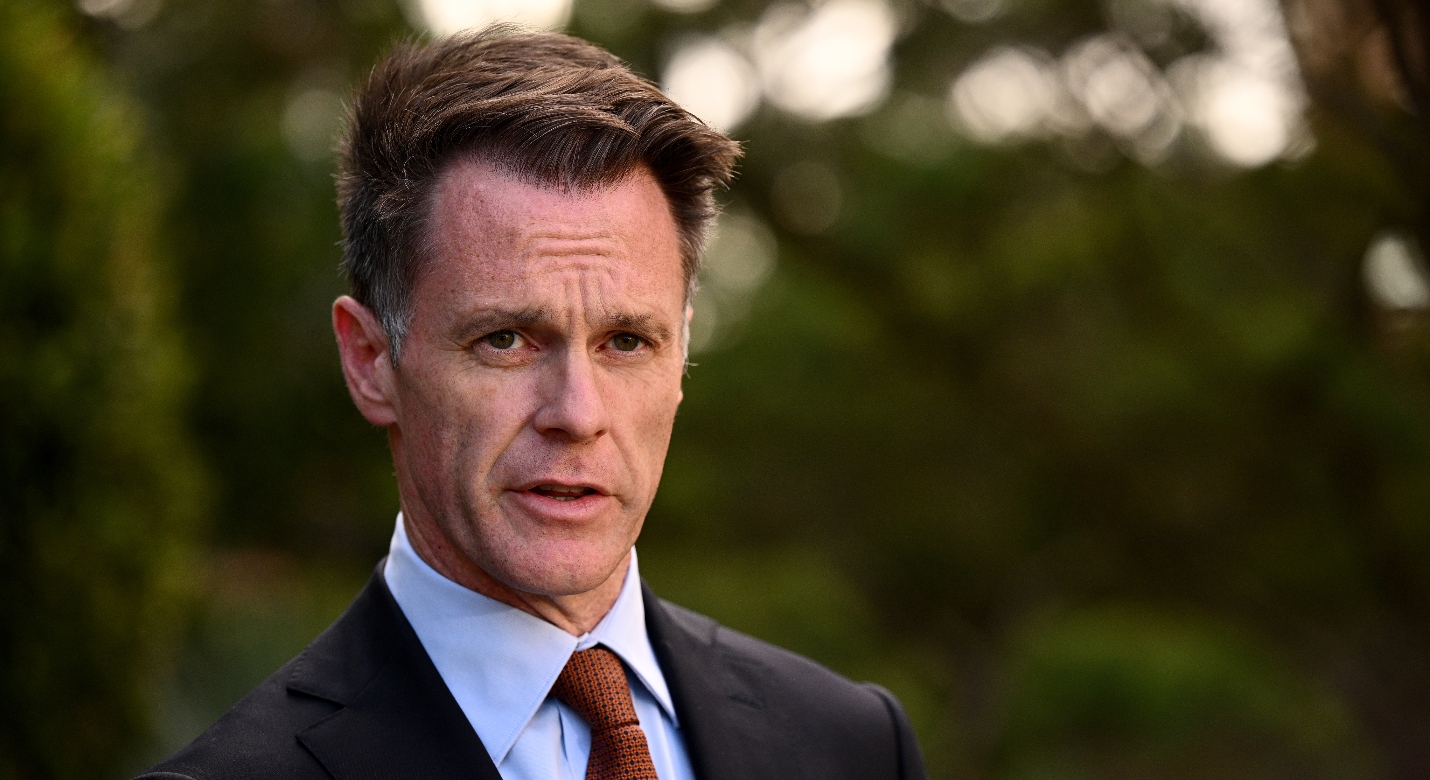
Sydney council argues for power to put limits on short term rentals

In a local effort to tackle the housing crisis, Randwick City Council is asking for councils to be able to determine the number of days that properties can be used for non-hosted Short-Term Rental Accomodation (STRA).
Currently, non-hosted STRA (where the host is absent while guests are present) is restricted to a maximum of 180 days a year. But the council believes this is too long for the LGA, recommending instead a 90-day cap or for councils to decide.
The council has also recommended removing the 21 day consecutive booking provision to close potential loopholes that would otherwise allow a dwelling to be rented out consecutively as STRA for 12 months a year.
The recommendations were made in response to the NSW Department of Planning’s discussion paper on short- and long-term accomodation, which seeks to address concerns about the potential impacts of short-term rental accommodation (such as AirBnb) on the rental market, specifically housing costs and the availability of long term rental housing.
In the paper, the state government shows that rents have increased by 38 per cent since 2019 and that vacancy rates in Greater Sydney at 1.7 per cent in December 2023, down below the decade average of 2.3 per cent, meaning there’s been a significant increase in demand.
“As housing affordability in NSW has decreased, people have become concerned that owners are making fewer properties available for long-term use, and that this may be contributing to a rise in costs,” states the discussion paper.
Greens Councillor Kym Chapple told City Hub, “Councils need to be allowed to put in limits on short term letting to protect renters in the area and levies can be an important signal to property owners of the desirability of houses as homes first.”
“I personally also believe we should consider the option to increase rates on properties being used as private hotels instead of homes, which would reflect the impacts on neighbours, services and the sense of community in our area,” she continued.
Randwick is home to places like the ever-popular Coogee Beach, where rent for a one-bedroom apartment can be between $7-800 a week, according to listings on Domain.com.au, while AirBnb prices soar in the thousands.
“An already cooked rental market”
AirBnb recently announced in the Independent Planning Commission (IPC) review that it supported the introduction of a levy in local communities to fund services and infrastructure, noting that the taxes have raised $10 billion globally, ideally when set in the range of three to five per cent.
But the company has stressed that non-hosted short-term rentals made up just one in every 100 NSW homes.
“It is important the review gets the balance right so the core issue of housing affordability is addressed, without jeopardising the economic benefits that flow from short-term rentals,” said AirBnb local head of public policy Michael Crosby to The Canberra Times in February.
The draft submission to the STRA discussion paper, endorsed by Randwick Council during their last meeting, also recommended “bed taxes” be introduced as an added source of revenue, in addition to visitor levies.
“The concentration of holiday letting in Randwick is heating up an already cooked rental market, for the benefit of a tiny few who own multiple properties,” Cr Chapple continued.
“Renters are part of our communities and it’s not good enough to stand by as they get priced out of the area they call home or get turfed for lucrative short term letting.”
The council had previously tried to put higher time limits on short-term letting but were knocked back by State Government.
In 2022, the Randwick Comprehensive LEP Planning Proposal sought to limit the number of days per year for non-hosted STRA to 90 days.
However, the Department of Planning and Environment removed the initiative from the planning proposal, saying this would be inconsistent with state-wide planning approaches.
There was also a “lack of evidence provided to demonstrate negative social and economic effects of STRA”, the department said.
In the recent submission, Council is also asking that the 21-day consecutive booking provision be removed, which would cancel out potential loopholes that would otherwise allow a dwelling to be rented out consecutively as STRA for 12 months a year.
Dwellings in Randwick
Randwick has historically contained a large number of STRA property listings.
As of December last year, 7.7 per cent of the total 25,480 STRA listings in Metropolitan Sydney were in the Randwick LGA.
After a significant drop in listings since pandemic years, there has been a 70 per cent increase in STRA property listings since 2022.
There is particular concern surrounding the higher concentration of STRA listings in northern and coastal parts of Randwick (Clovelly, Coogee, Kensington, and Kingsford), where key worker housing is essential.
The concentration in these popular areas are approximately 2.5 times greater than the NSW state average.
In March last year, then-Mayor Dylan Parker said, “The reality is we are in the middle of a housing crisis with rentals disappearing and affordable homes for purchase near non-existent.”
“Everyone supports tourism and the benefits it brings but it is a question of balancing priorities especially in residential areas,” he continued.
“In December 2022, there were 1,100 un-hosted properties in the Randwick LGA otherwise lost from the rental or purchase market while young people, nurses and teachers queued around the block at inspections and families slept in cars.”









